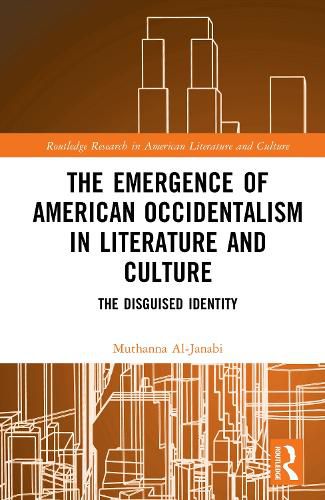Readings Newsletter
Become a Readings Member to make your shopping experience even easier.
Sign in or sign up for free!
You’re not far away from qualifying for FREE standard shipping within Australia
You’ve qualified for FREE standard shipping within Australia
The cart is loading…






The book presents an innovative conceptualization of Western thought, casting the discourse of black and white intellectuals and politicians as a treatise on Occidentalism. It envisions American Occidentalism as an inner discourse where Critical Occidentalists interact textually and historically in response to the prevailing crosscurrents. To capture this narrativity, the first chapter establishes the book's new terminology, rereads ancient Greek texts, and critiques the works of key anthropologists like James G. Carrier and Fernando Coronil, as well as cultural theorists such as Hassan Hanafi, Xiaomei Chen, and Ian Buruma and Avishai Margalit. The other three chapters analyze the Occidentalist tendency in the discursive, official, and intellectual practices of the Early Republic, the twentieth century, and the twenty-first century. Ideal for scholars and individuals interested in postcolonial theory, (African) American literature, and political sciences, this book challenges readers to see the Occident not as a fixed entity, but as a dynamic, self-critical tradition.
$9.00 standard shipping within Australia
FREE standard shipping within Australia for orders over $100.00
Express & International shipping calculated at checkout
The book presents an innovative conceptualization of Western thought, casting the discourse of black and white intellectuals and politicians as a treatise on Occidentalism. It envisions American Occidentalism as an inner discourse where Critical Occidentalists interact textually and historically in response to the prevailing crosscurrents. To capture this narrativity, the first chapter establishes the book's new terminology, rereads ancient Greek texts, and critiques the works of key anthropologists like James G. Carrier and Fernando Coronil, as well as cultural theorists such as Hassan Hanafi, Xiaomei Chen, and Ian Buruma and Avishai Margalit. The other three chapters analyze the Occidentalist tendency in the discursive, official, and intellectual practices of the Early Republic, the twentieth century, and the twenty-first century. Ideal for scholars and individuals interested in postcolonial theory, (African) American literature, and political sciences, this book challenges readers to see the Occident not as a fixed entity, but as a dynamic, self-critical tradition.